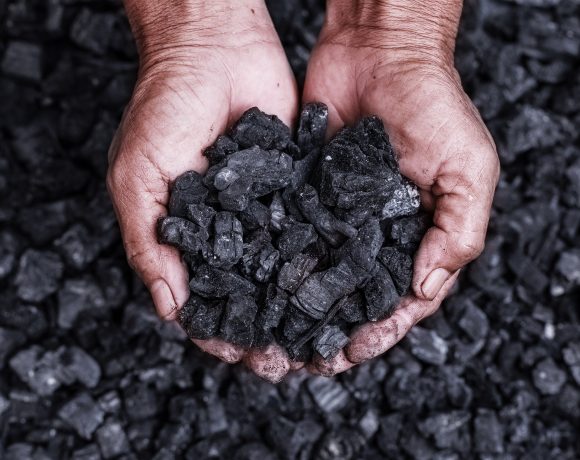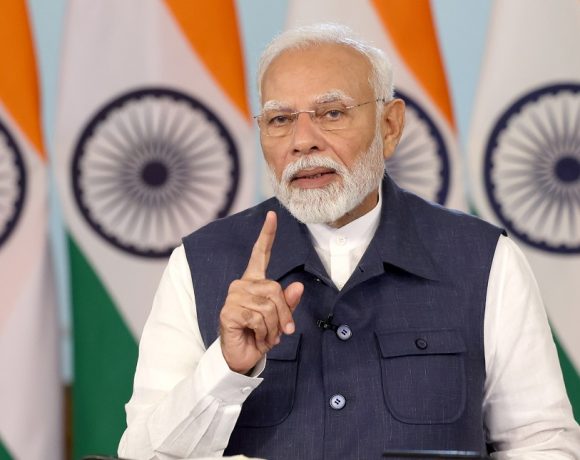
Pune Court Upholds Rahul Gandhi’s Right Against Self-Incrimination
A Pune court has ruled in favor of Congress MP Rahul Gandhi, stating that he cannot be compelled to produce a book he cited when making remarks about Veer Savarkar. The decision comes in response to a defamation complaint filed by Satyaki Savarkar, the grand‑nephew of VD Savarkar, in relation to a speech Gandhi delivered in London in March 2023.
Court Cites Right Against Self-Incrimination
Judicial Magistrate Amol Shinde ruled that ordering Gandhi to produce the book referenced in his speech would violate his protections under Article 20(3) of the Indian Constitution, which shields an accused from being forced to incriminate himself. The court emphasized that compelling Gandhi to hand over the material would effectively render him a witness against his own case— something the law expressly forbids.
Background of the Defamation Complaint
The defamation suit centers on Gandhi’s reference to an alleged incident from a book—where Savarkar, along with friends, purportedly assaulted a Muslim man and “felt happy” about it. Satyaki Savarkar contested the existence of such narration in Savarkar’s writings and filed the complaint claiming Gandhi’s assertions were erroneous and defamatory.
Legal Arguments Presented
- Defendant’s Stand: Rahul Gandhi’s counsel maintained that the trial had not yet begun and that the onus of providing proof rests on the complainant, not the accused. They argued that mandatory disclosure would undermine Gandhi’s constitutional protections.
- Complainant’s Stand: Satyaki Savarkar argued the book was central to proving Gandhi’s statements false and accused him of using the speech as a delaying tactic.
Court’s Decision and Implication
The court dismissed Savarkar’s plea under Section 94 of the BNSS, affirming that Gandhi cannot be forced to produce incriminating evidence against himself. The ruling reinforces a core legal principle that in a defamation suit, the defendant is protected under constitutional safeguards against self-incrimination.


















